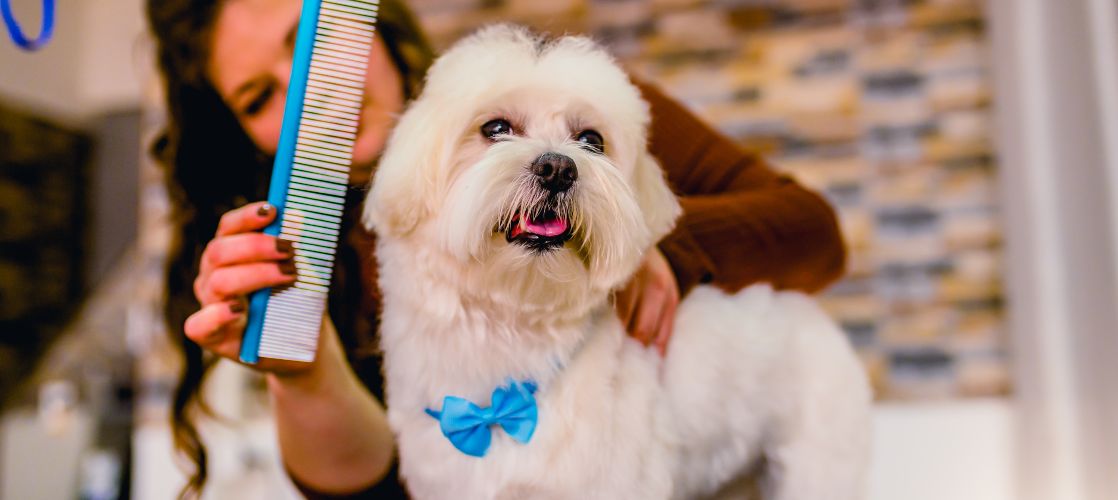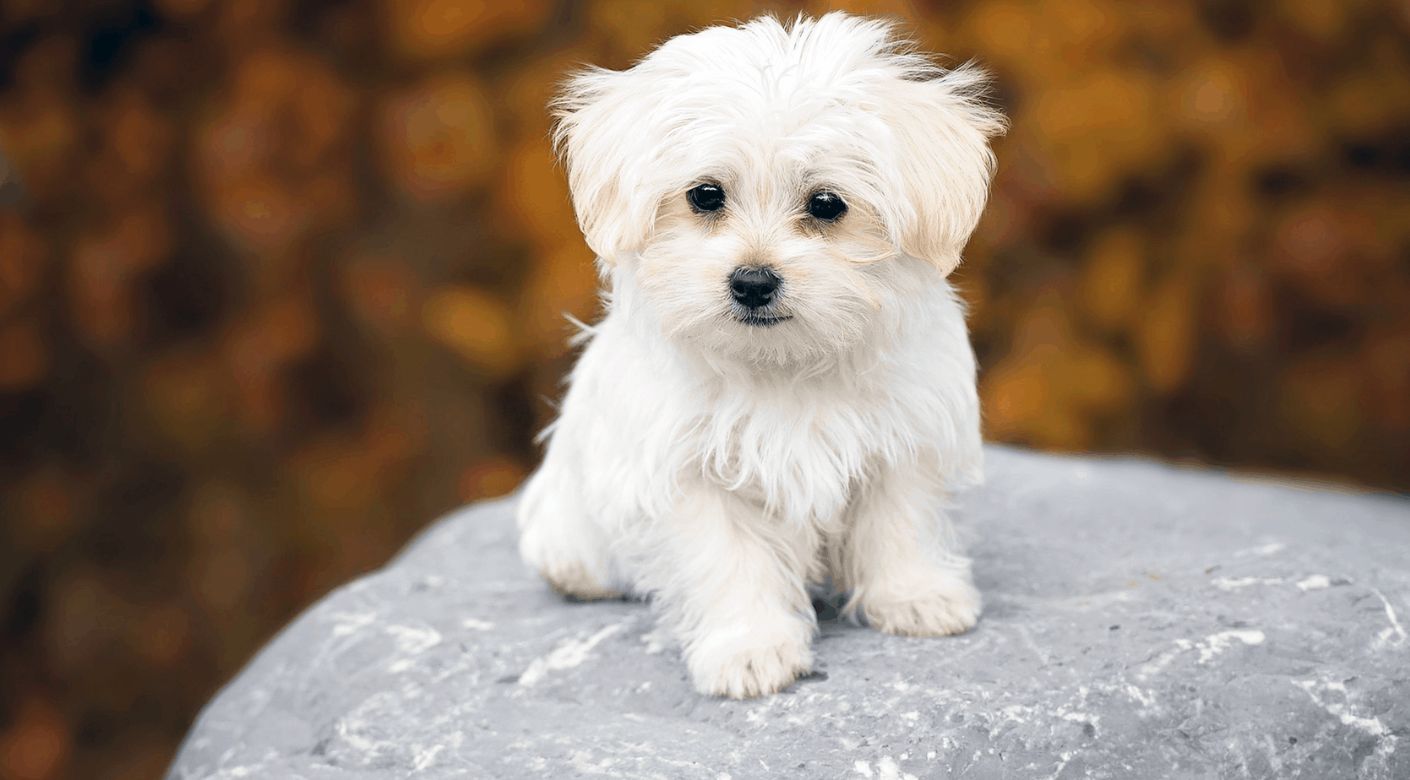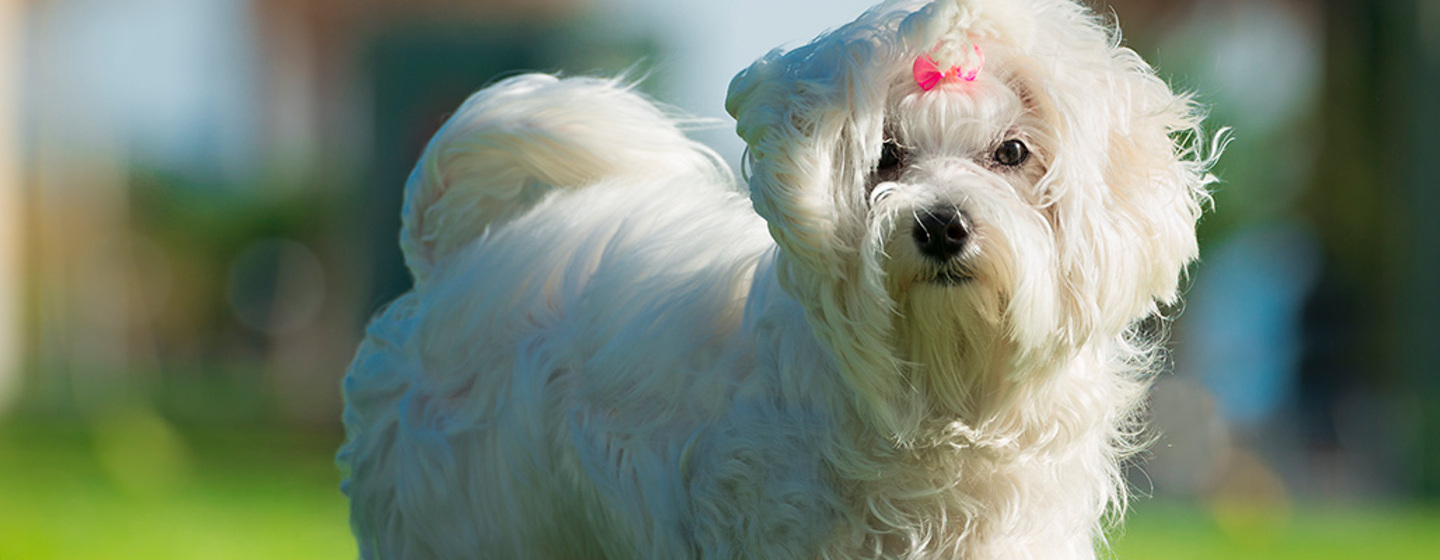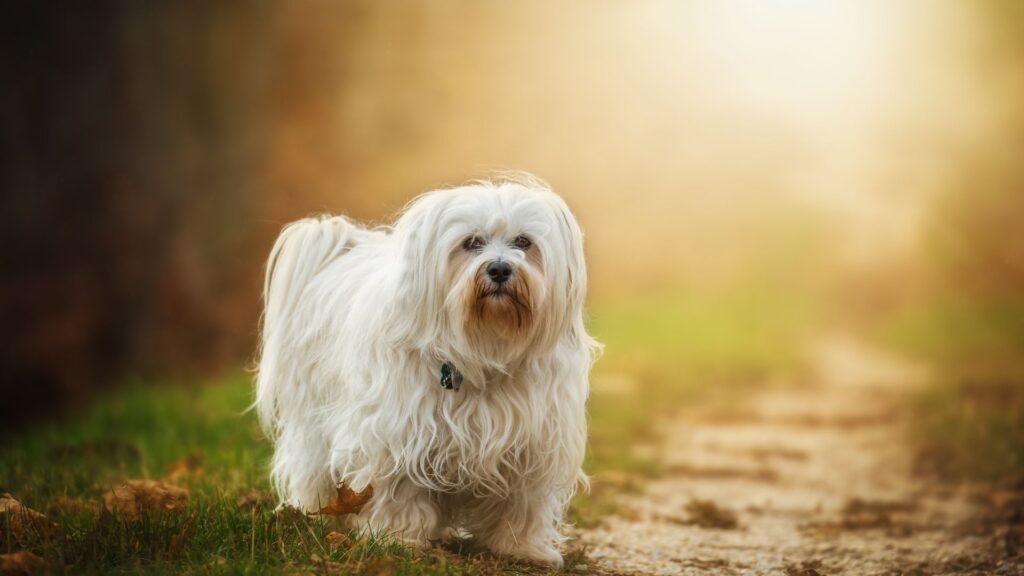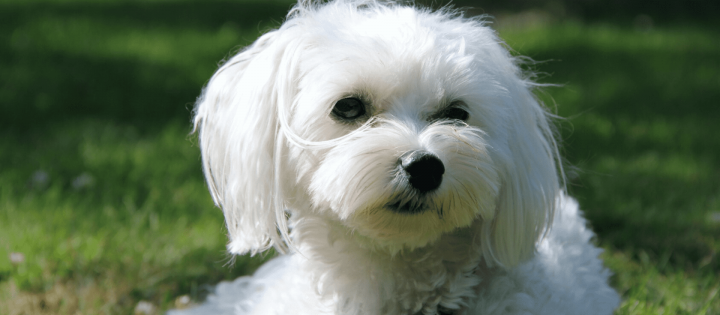Bichon Maltes: The Ultimate Guide to this Lovable Breed
A Bichon Frise and a Maltese were crossed to create the little breed of dog known as the Bichon Maltes. They are renowned for their lengthy, silky coat as well as their amiable and caring personalities.
These little white dogs are renowned for their sociable, lively personality as well as their lovely, fluffy coats.
Everything you need to know about this endearing breed—from their origins and disposition to their upkeep and training—will be covered in this guide.
History of the Bichon Maltes
The Bichon Frise and the Maltese, two small dog breeds with Mediterranean ancestry, were crossed to create the Bichon Maltes.
Although the pup’s precise ancestry is unknown, it is most likely that they were initially raised in the US in the 1990s.
Because of their endearing appearances and amiable attitude, they have since grown in popularity as pets.
Temperament of the Bichon Maltes
The Bichon Maltes is a breed that values time spent with its owners above all else. It is very sociable and affectionate.
They are well-recognized for being friendly and gregarious, and they get along well with kids and other animals.
They should receive enough of attention and exercise because they can develop separation anxiety if left alone for a long time.
Care and Grooming of the Bichon Maltese
The beautiful, silky coat of the Bichon needs frequent care to keep it looking its best. To avoid matting and tangling, daily brushing is advised.
They may also require periodic coat trimming to prevent their hair from growing too long. Moreover, the dog is susceptible to dental problems, making routine teeth cleaning and examinations crucial.
Health Issues of the Bichon Maltes
The Bichon Maltese is vulnerable to specific health problems, like all breeds. Dental disorders, allergies, vision problems, and luxating patella are a few of the most prevalent health issues (a dislocated kneecap).
To detect any potential health issues early on, it’s crucial to schedule routine veterinary appointments.
Training a Bichon Maltes
Given their high level of trainability and desire to please their owners, Bichon Maltese is quite simple to train.
This breed responds favorably to positive reinforcement methods including reward-based training, which is giving out goodies or compliments when the dog exhibits the desired behavior.
When teaching Bichon Maltese, consistency is essential because they occasionally exhibit stubbornness.
Conclusion
The Bichon Maltes is an excellent breed for anyone seeking a devoted and entertaining companion. They are certain to make any household happy with their endearing appearances and amiable demeanor.
FAQ
Q: Are Bichon Maltes hypoallergenic?
A: Absolutely, because they have hair rather than fur, It is regarded as hypoallergenic dog. As a result, those who are allergic to pet dander are less likely to develop allergies to them.
Q: How big do Bichon Maltes get?
A: Little dogs, Bichon Maltese normally weigh 4 to 10 pounds and measure 8 to 10 inches in height at the shoulder.
Q: Are Bichon Maltes good with children?
A: Yes, In general, bichon maltes get along well with kids and are wonderful family pets. To ensure the safety and comfort of both children and dogs, it is crucial to supervise interactions between them, as it is with any dog.
Q: Do Bichon Maltes shed?
A: Bichon Maltes shed less than other breeds because they have hair rather than fur. They still need routine brushing, though, to keep their coats from matting and tangling.
Q: How often do dogs need to be groomed?
A: To keep their coat from matting and tangling, Bichon Maltese need to be brushed every day. They may also need to have their coats occasionally cut to keep them at a manageable length.
In order to preserve their coat and keep them looking their best, professional grooming may also be required.
Q: How much exercise does a Maltese Dog need?
A: Bichon Maltese need fun and exercise on a regular basis despite their little size. They can be kept physically and mentally engaged with daily walks and engaging playtime.
Q: How much do Bichon Maltes cost?
A: The cost of a Bichon Maltes can vary depending on the breeder and location, but they typically range from $1,000 to $2,500.
Q: Are Bichon Dogs good apartment dogs?
A: Yes, Due to their petite size and little exercise requirements, They can make wonderful apartment dogs. To be healthy and happy, they still need to exercise and play every day.
Q: How long do Bichon Maltes live?
A: Bichon Maltes have a relatively long lifespan compared to other dog breeds, typically living between 12 and 15 years with proper care and attention.
Q: Do Bichon Maltes bark a lot?
A: Compared to other breeds, they have the propensity to bark more, especially when bored or left alone for extended periods of time.
Yet, their barking can be managed and controlled with the right training and socializing.
Q: Are Bichon Maltes easy to train?
A: Because of their independence and propensity for being stubborn, they can be a little difficult to teach.
Nonetheless, they may be educated to obey directions and pick up new behaviors with time, persistence, and positive reinforcement methods.
Q: Do Maltese get along well with other pets?
A: In general, they get along well with other animals, like cats and other dogs. To ensure that everyone gets along, it’s crucial to watch interactions with any pet and introduce new pets gradually.
Q: Do Bichon require a lot of attention?
A: Due to their gregarious nature, They need continuous engagement and attention from their owners.
They do not function well when left alone for extended periods of time, and if not given enough attention, they may get destructive or agitated.
Q: Do Maltese have any special dietary requirements?
A: Although Bichon Maltese don’t have any particular dietary needs, they should be given a high-quality, balanced meal that is suitable for their age, size, and level of activity.
It’s crucial to avoid overfeeding and to always have an abundance of fresh water available.
Q: Are Maltes good travel companions?
A: Yes, Due to their modest stature and charming temperament, bichon maltes can make excellent traveling companions.
Nonetheless, it’s crucial to make sure they are secure and at ease, while traveling, and to give them lots of chances to play and exercise.
Q: What are some common behavioral issues in Bichon Maltes?
A: Bichon Maltese frequently exhibits destructive chewing, excessive barking, and separation anxiety. Through training and behavior modification strategies, these behaviors can frequently be addressed.
Q: Are Bichon Maltes good for first-time dog owners?
A: As long as they are prepared to give the required care and attention that these dogs require, first-time dog owners might choose a Bichon Maltese as a pet.
Before adopting a pet into your home, it’s crucial to conduct your research and understand the obligations of dog ownership.
Q: How can I find a reputable Bichon Maltese breeder?
A: It’s crucial to conduct research and request referrals from other dog breeders or owners to discover a trustworthy dog breeder.
Choose breeders that have health certificates for their breeding dogs and who are affiliated with a reputable breed group.
Avoid getting puppies from pet shops or internet dealers because they frequently get them from the backyard or puppy mill breeders who don’t give them sufficient care or socialization.


